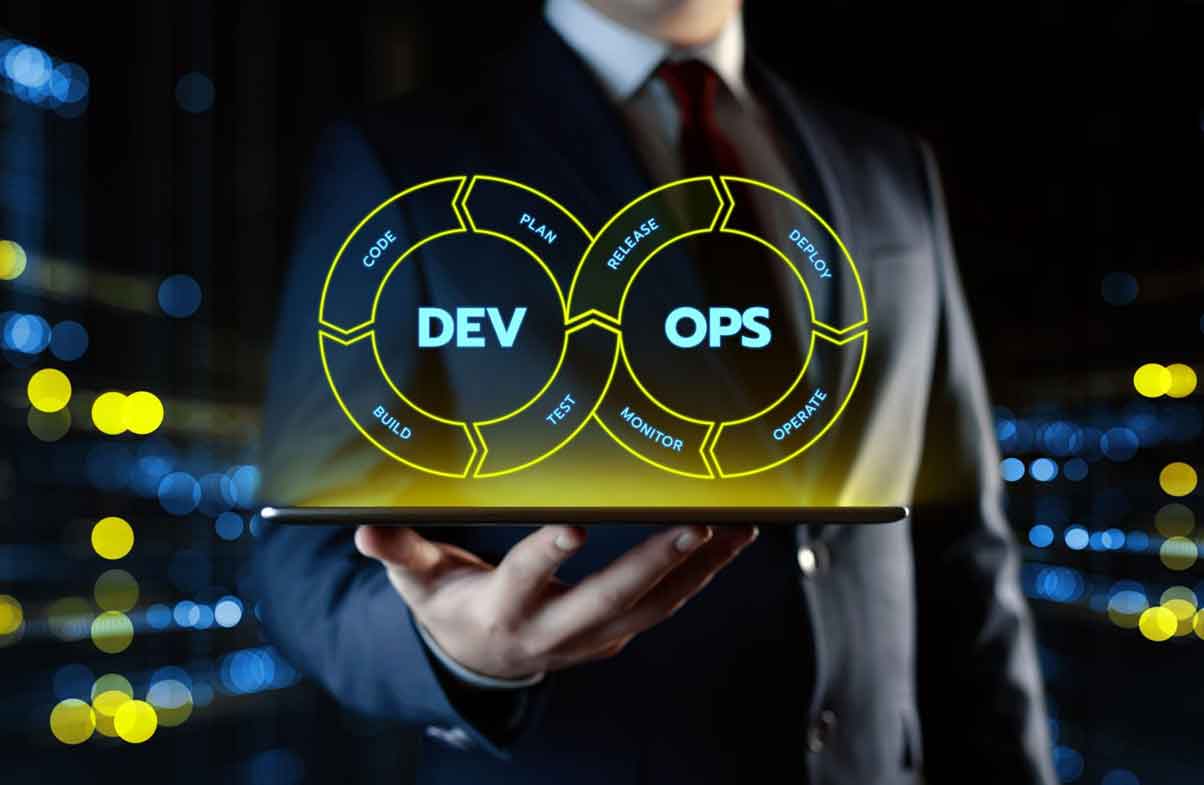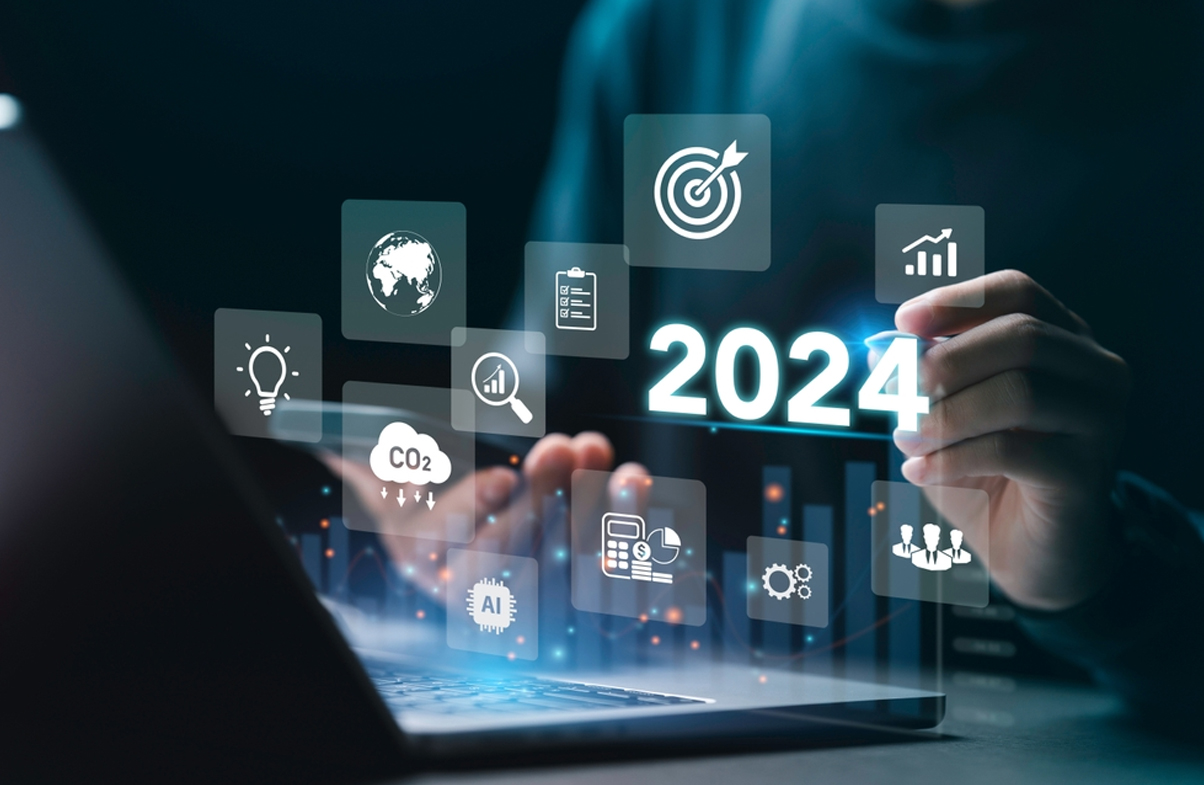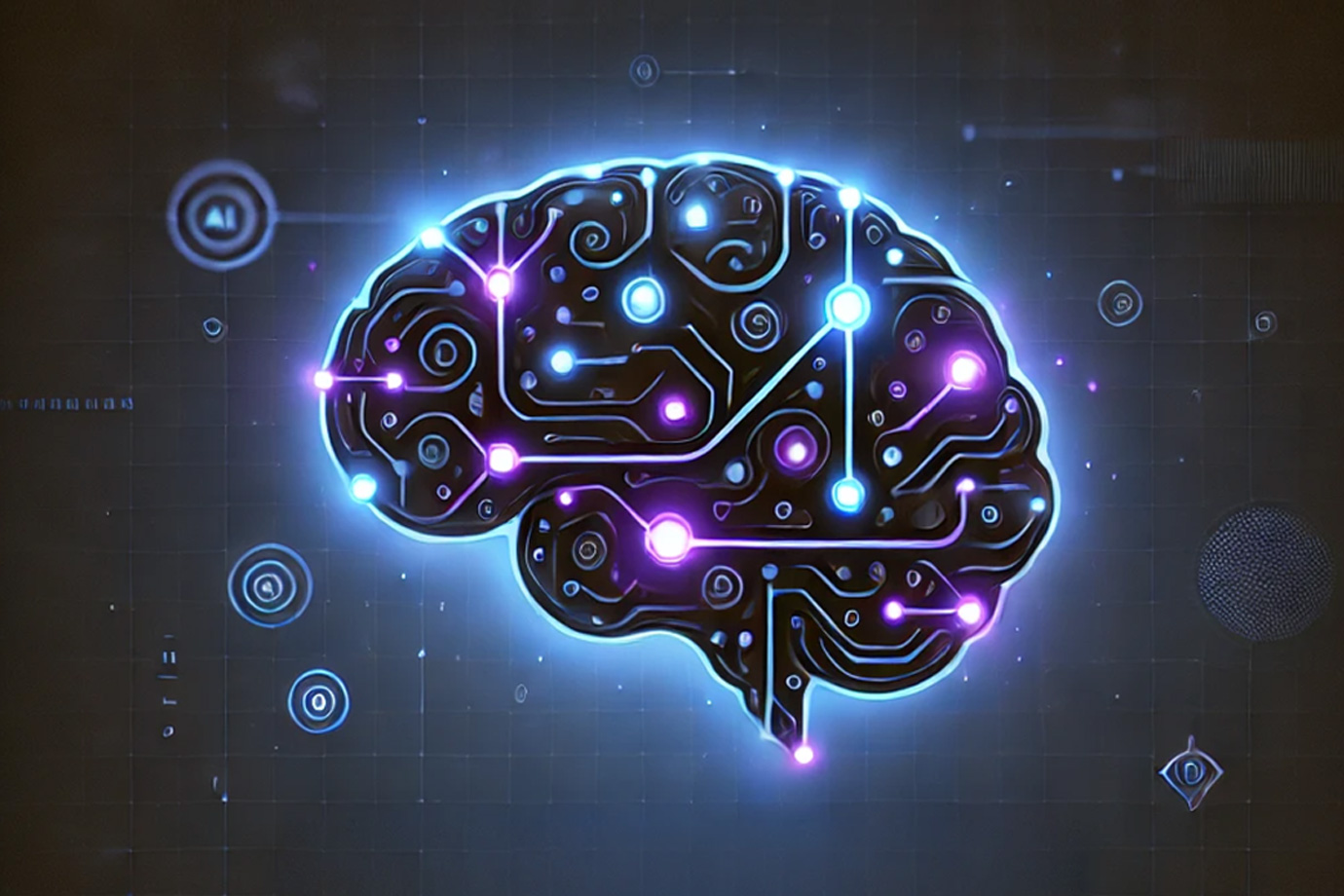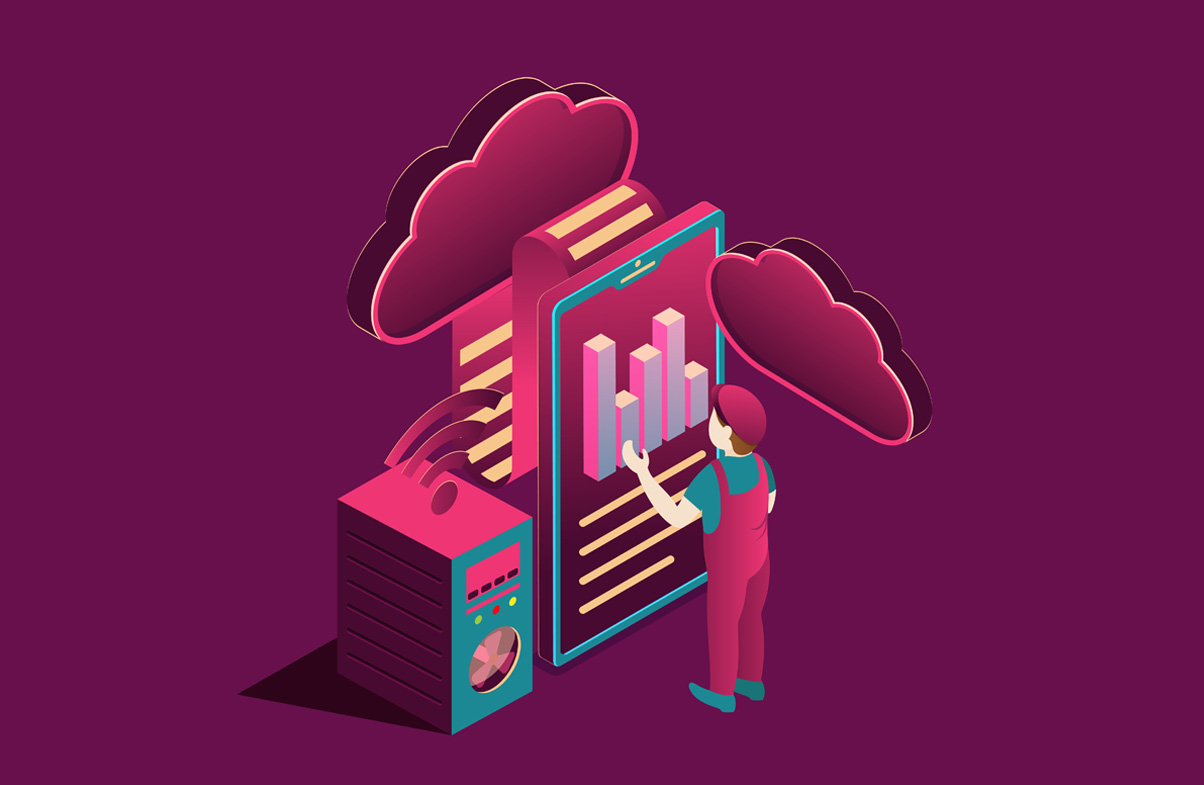Smart Cities and IoT: What Businesses Must Prepare for in 2025
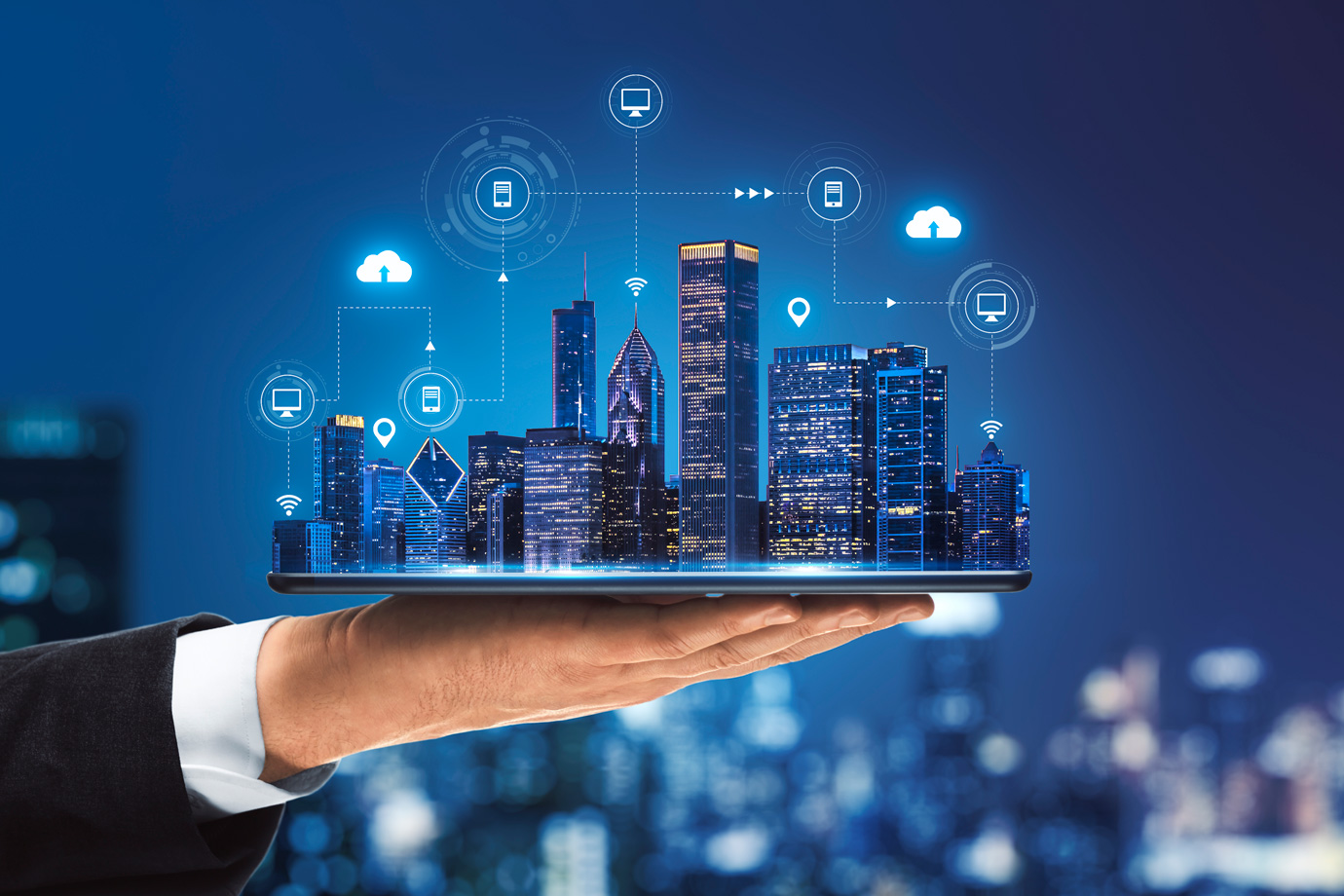
24 Jun 2025
In 2025, the concept of smart cities is not futuristic, but the present reality. Around the world, IoT technologies have transformed urban landscapes by creating interconnected ecosystems that maximize efficiency and sustainability. Businesses must adapt to the new urban blueprint with the advancing evolution or risk falling behind.
This blog explains how IoT technologies and smart cities are revising urban life and what businesses must prepare for in such infrastructure.
Understanding Smart Cities and IoT
Smart cities are urban areas that leverage digital technologies, data, and IoT-enabled devices to manage their resources and assets. This includes infrastructures like traffic signals, public transportation, waste management, and energy grids that are monitored through real-time data.
The Internet of Things (IoT) is a network of devices and sensors that work in combination and send signals to centralized systems. They collect data, analyze the trends, and take action accordingly. In a Smart city context, IoT can detect anything ranging from air quality or traffic congestion to emergencies and energy consumption.
Business Imperative in 2025
Integration of IoT in smart cities is reaching maturity. This is a massive opportunity and a challenge for businesses. Businesses must align their operations, products, and services according to the infrastructure of smart cities.
Here is how businesses should prepare:
1. Data Integration and Analytics
Smart cities generate structured and unstructured data. Businesses must integrate this external data into internal systems to gain strategic insights.
Actionable steps:
- Invest in platforms that can provide real-time streams.
- Hire or train teams in AI and data science.
- Develop APIs to connect with data sets and third-party services.
2. Cybersecurity and Data Privacy
As the systems interconnect and devices multiply, cybersecurity threats increase. For businesses functioning in smart city environments, cybersecurity is a critical concern.
Actionable steps:
- Take on a zero-trust cybersecurity framework.
- Encrypt data at rest and in motion.
- Follow data protection regulations.
3. Urban Mobility and Logistics Adaptation
The logistics ecosystem is rapidly changing with connected traffic signals, smart parking systems, and autonomous vehicles. Last-mile delivery is also being reinvented in smart cities.
Actionable steps:
- Explore self-reliant delivery alternatives such as delivery drones or robots.
- Merge logistics systems with city traffic and mobility APIs.
- Replacement of warehouses and routing strategies according to the city data.
4. Sustainability and ESG Compliance
Smart cities are concentrated on sustainability. Businesses are expected to build energy-efficient buildings, low-emission zones, and take circular economic initiatives.
Actionable steps:
- Implementation of smart energy monitoring and carbon tracking system.
- Improve the supply chain emissions and switch to green logistics.
- Publish transparent ESG reports that align with smart city mandates.
5. Smart Infrastructure Partnerships
Businesses must work closely with city planners, utility providers and infrastructure partners. Leasing a smart office or operating in a connected industrial park both involve working with city-level platforms.
Actionable steps:
- For shared infrastructure, participate in public-private partnerships.
- Acknowledge the infrastructure requirements and smart zoning.
- Co-create or test smart technologies with the urban innovation hub.
6. Customer Experience Personalization
Businesses should step up in the digitally interacting world by offering citizens app-based services, real-time alerts, and personalized public experiences, the way cities are offering these services.
Actionable steps:
- Integrate location-based services.
- Offer tailored experiences using real-time data.
- Leverage AR/VR for engaging in-store or event experiences.
7. Workforce and Skills Transformation
For smart city readiness, workplaces should be powered by IoT, remote management tools, and AI-driven processes. Workforces must be prepared for these technological shifts.
Actionable steps:
- Provide training in sustainability, IoT, cybersecurity, and AI.
- Introduce hybrid collaboration platforms and smart workplace tools.
- Highlight the importance of digital literacy and adaptive thinking.
Industries Most Impacted by Smart Cities and IoT
Almost all the industries would be affected, but these sectors have already started to feel the impact.
Real Estate and Construction:
Smart buildings and automated compliance processes are standard in new developments.Transportation:
ride sharing, smart parking, and connected vehicles are integrated into urban mobility systems.Healthcare:
smart diagnostics, connected patient monitoring, and smart ambulances are becoming integral to city health systems.Retail:
IoT-enabled systems, geofencing, and inventory automation are helping stores thrive.Utilities:
water and energy companies must give transparent consumption panels to customers and digitize their infrastructure.
Opportunities for Start-ups and Innovators:
2025 is a golden year for start-ups building solutions for smart city needs. The possibilities are vast, ranging from urban farming tech, energy optimization, to AI-driven waste management and language translation devices.
For businesses contributing to smart city ecosystems, the governments and city councils are offering sandbox testing environments, innovation grants, and regulatory fast tracks.
Conclusion:
Smart cities have become the norm now in 2025. The integration of IoT, data and AI will redefine how to live and do business. Organizations must innovate and align with connected urban life. The businesses that thrive in this new era will be the ones that embrace change, invest in future-ready infrastructure, and deliver intelligent, sustainable, and citizen-centric services.
It’s not a matter of whether your business should prepare for smart cities, but how soon will you be ready to lead in them?
At NanoByte Technologies , we help organizations seamlessly integrate with smart city infrastructure through cutting-edge IoT solutions, data analytics, and sustainable digital transformation strategies.

